Christian nationalism is gaining ground in the U.S., but at what cost? This rising movement threatens to dismantle our diverse society. Are we willing to let religious extremism define our nation’s future?
1. Exclusionary Ideology
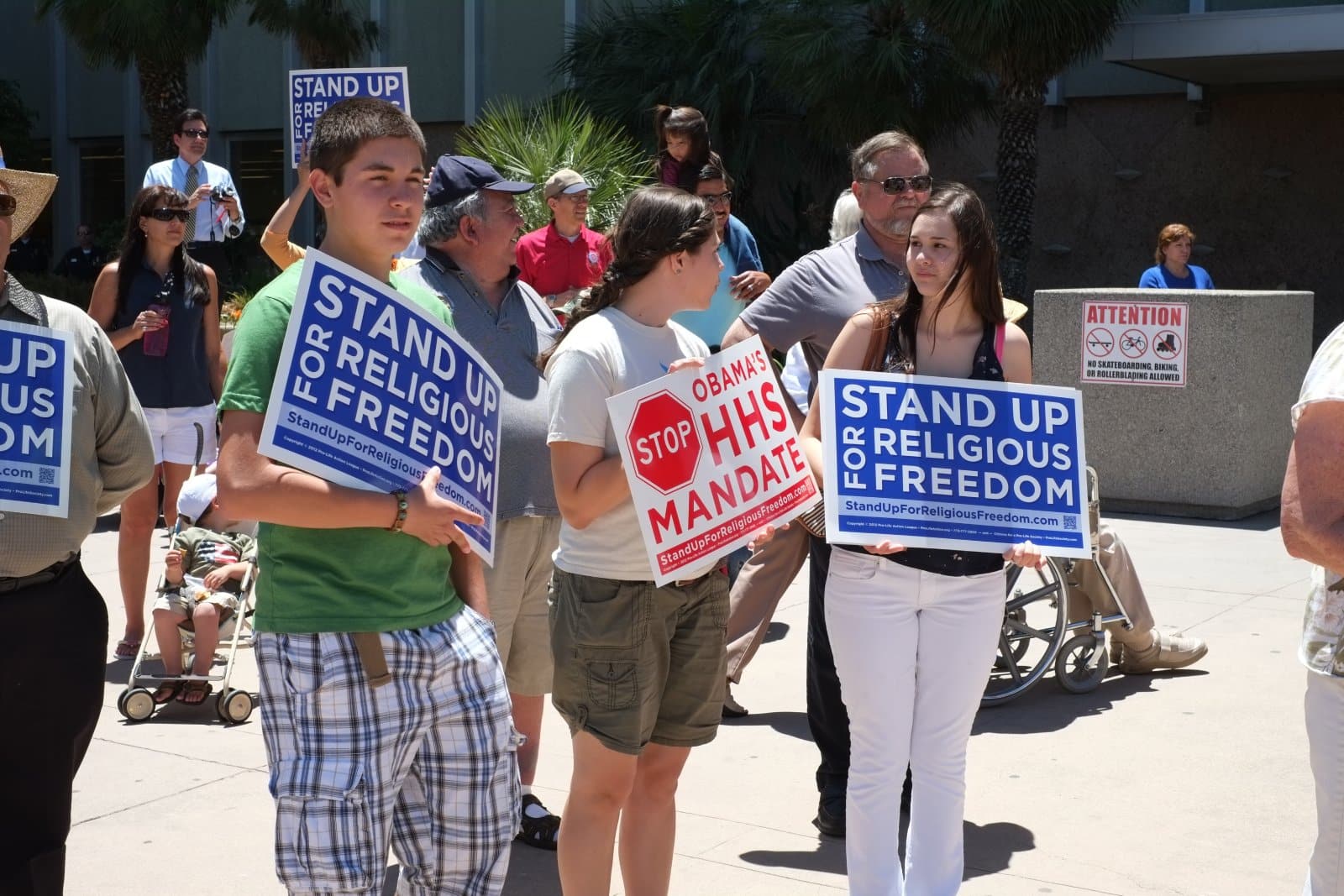
Christian nationalism promotes the idea that America is inherently a Christian nation. This ideology marginalizes non-Christian faiths and secular citizens, fostering an environment of exclusion and division. It undermines the pluralistic foundation upon which the country was built.
2. Undermining Religious Freedom

Christian nationalism threatens religious freedom by advocating for policies that privilege Christianity over other religions. This goes against the First Amendment, which guarantees freedom of religion for all, creating a hierarchy of faiths that is antithetical to American values.
3. Political Influence
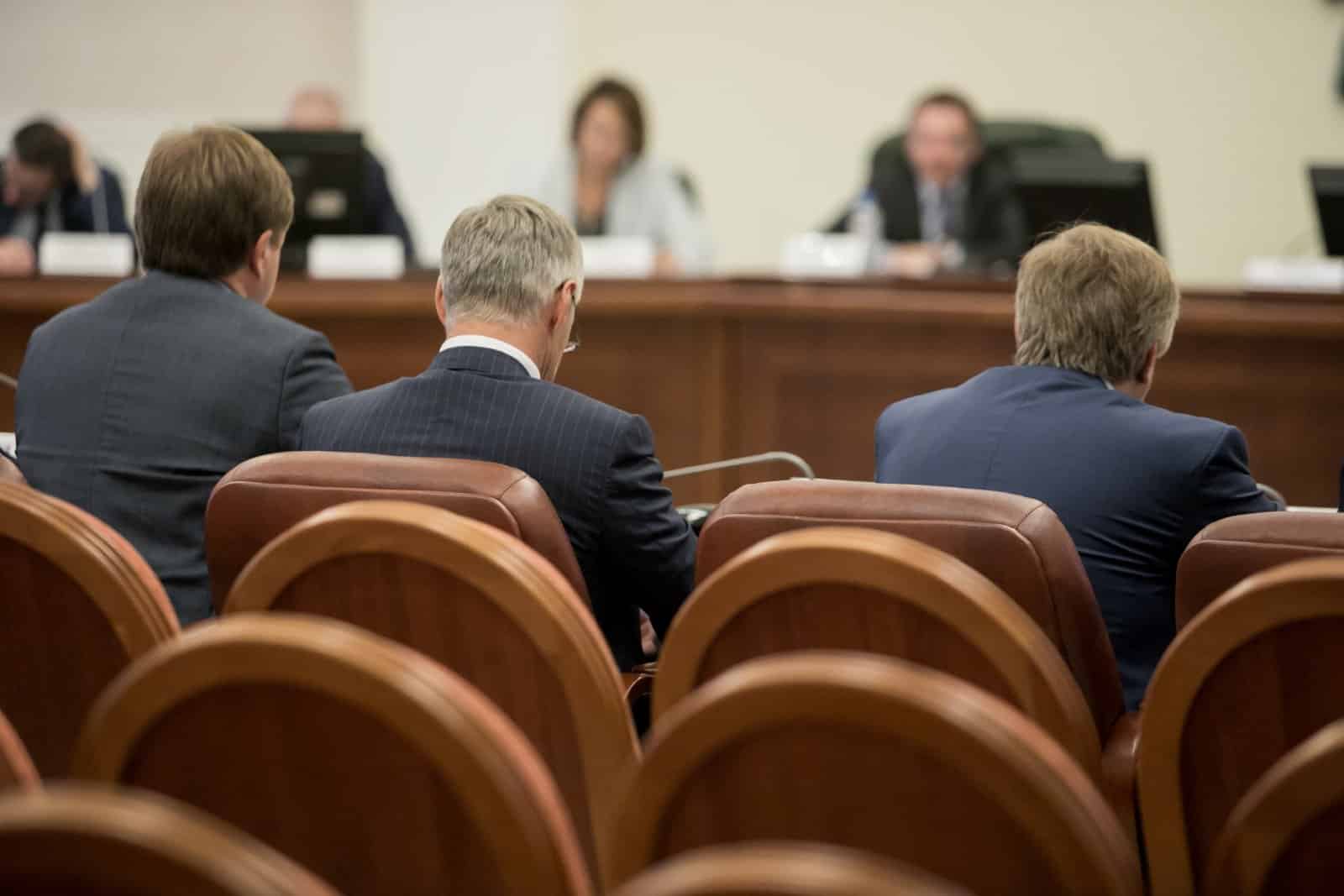
The political influence of Christian nationalism is substantial, with many politicians using it to rally support. This can lead to the implementation of policies that reflect a narrow religious viewpoint rather than the diverse perspectives of the American populace. It can result in legislation that discriminates against minority groups.
4. Impact on LGBTQ+ Rights
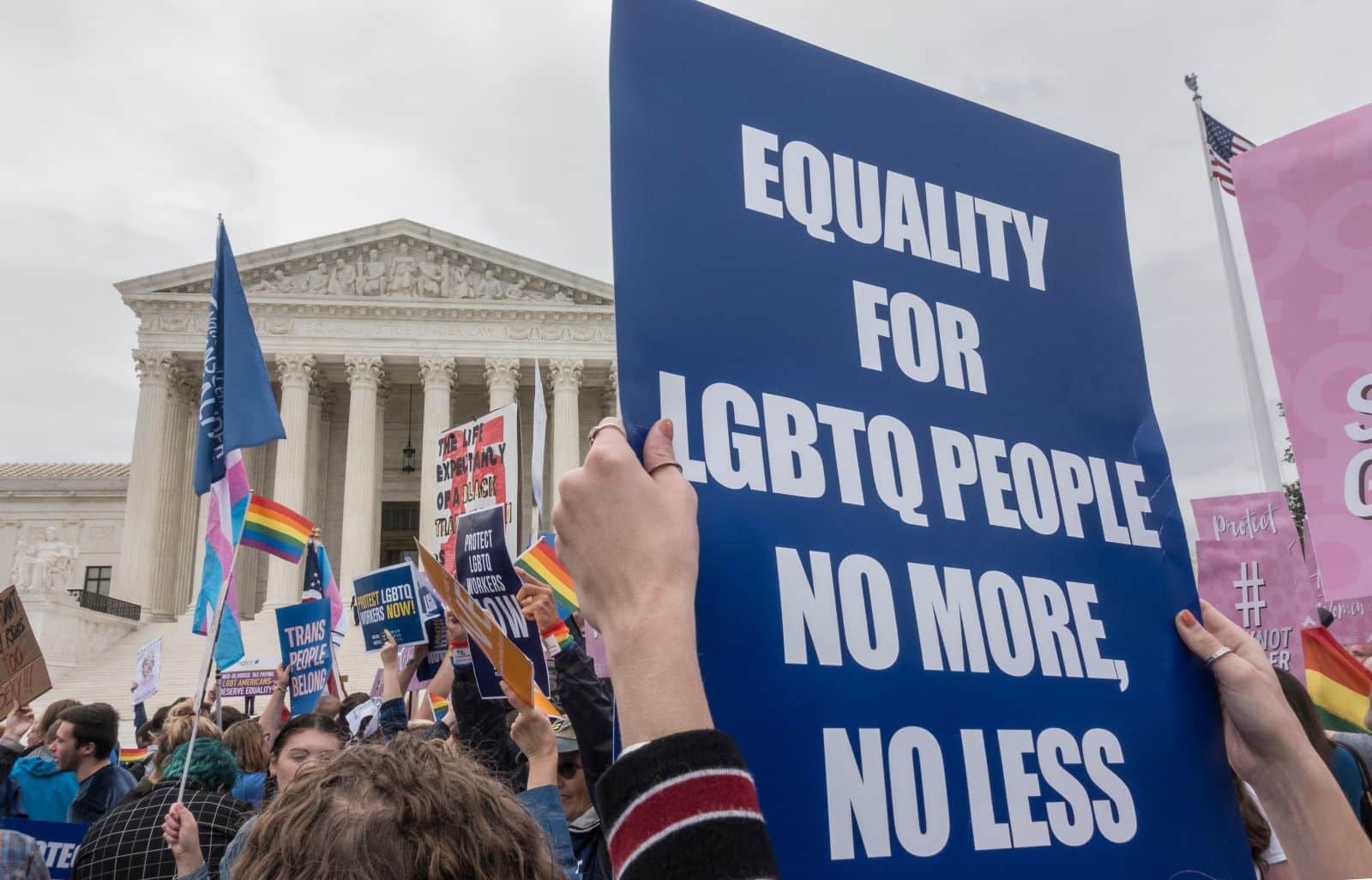
Christian nationalism often opposes LGBTQ+ rights, pushing for laws that restrict the rights of these individuals. This can include opposition to same-sex marriage and anti-discrimination protections, perpetuating social and legal inequalities.
5. Education System Manipulation

Proponents of Christian nationalism frequently seek to influence the education system by promoting the inclusion of Christian doctrine in public schools. This can lead to the erosion of science education and the promotion of religiously based theories like creationism over evolution.
6. Immigration Policies
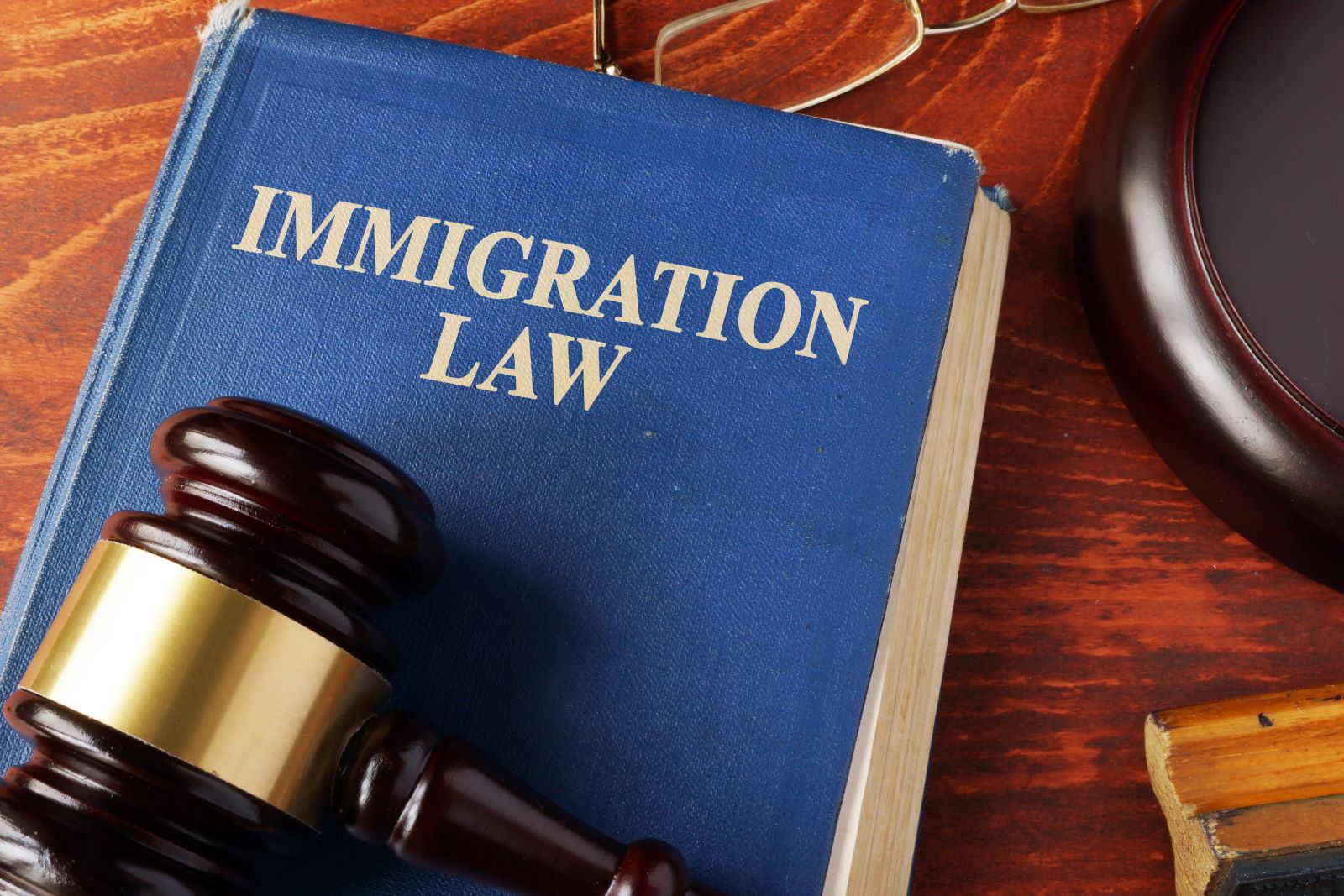
Christian nationalism often aligns with restrictive immigration policies, emphasizing the protection of a Christian cultural identity. This stance can lead to the exclusion of immigrants from diverse religious backgrounds, undermining America’s identity as a melting pot of cultures.
7. Racial Exclusion
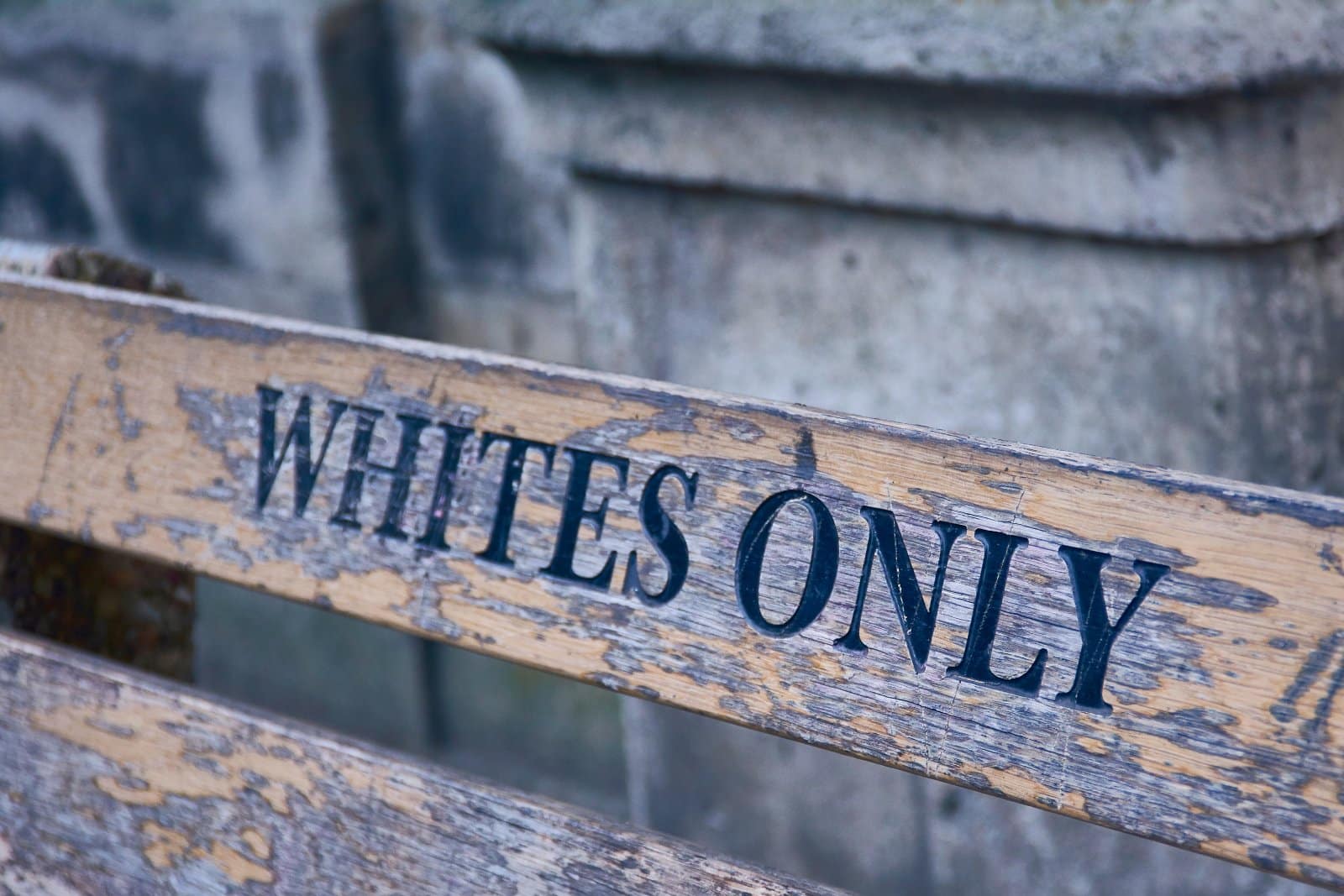
There is a significant overlap between Christian nationalism and white nationalism. This intersection promotes racial exclusion and white supremacy, further alienating minority communities and exacerbating racial tensions within the country.
8. Gender Inequality
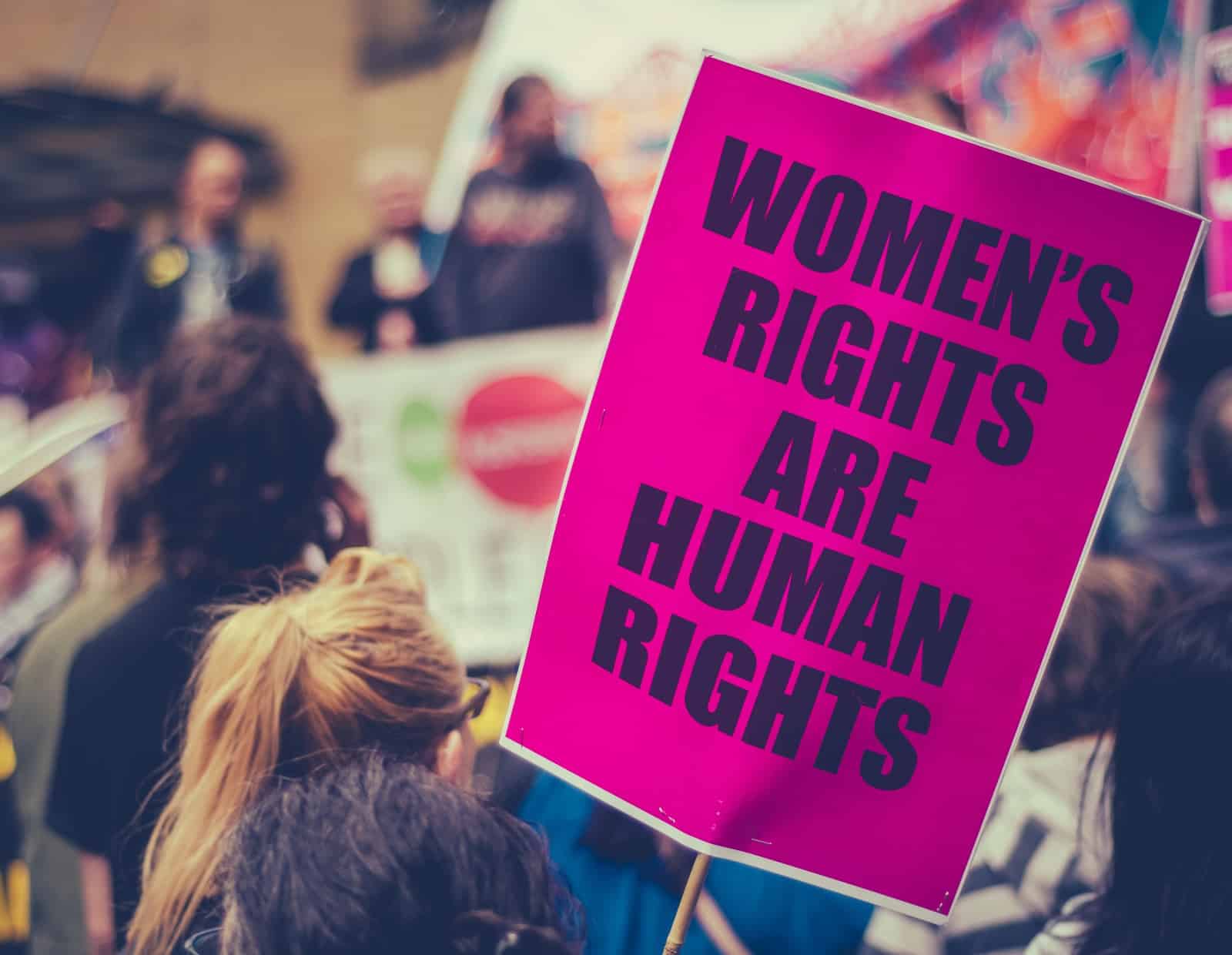
Christian nationalist ideologies often support traditional gender roles, which can limit women’s rights and freedoms. This can manifest in opposition to reproductive rights and gender equality initiatives, maintaining systemic gender disparities.
9. Judicial Appointments

Christian nationalists have influenced the appointment of judges who share their ideological views. This can lead to court rulings that reflect a narrow religious perspective, impacting everything from reproductive rights to religious liberties.
10. Public Policy
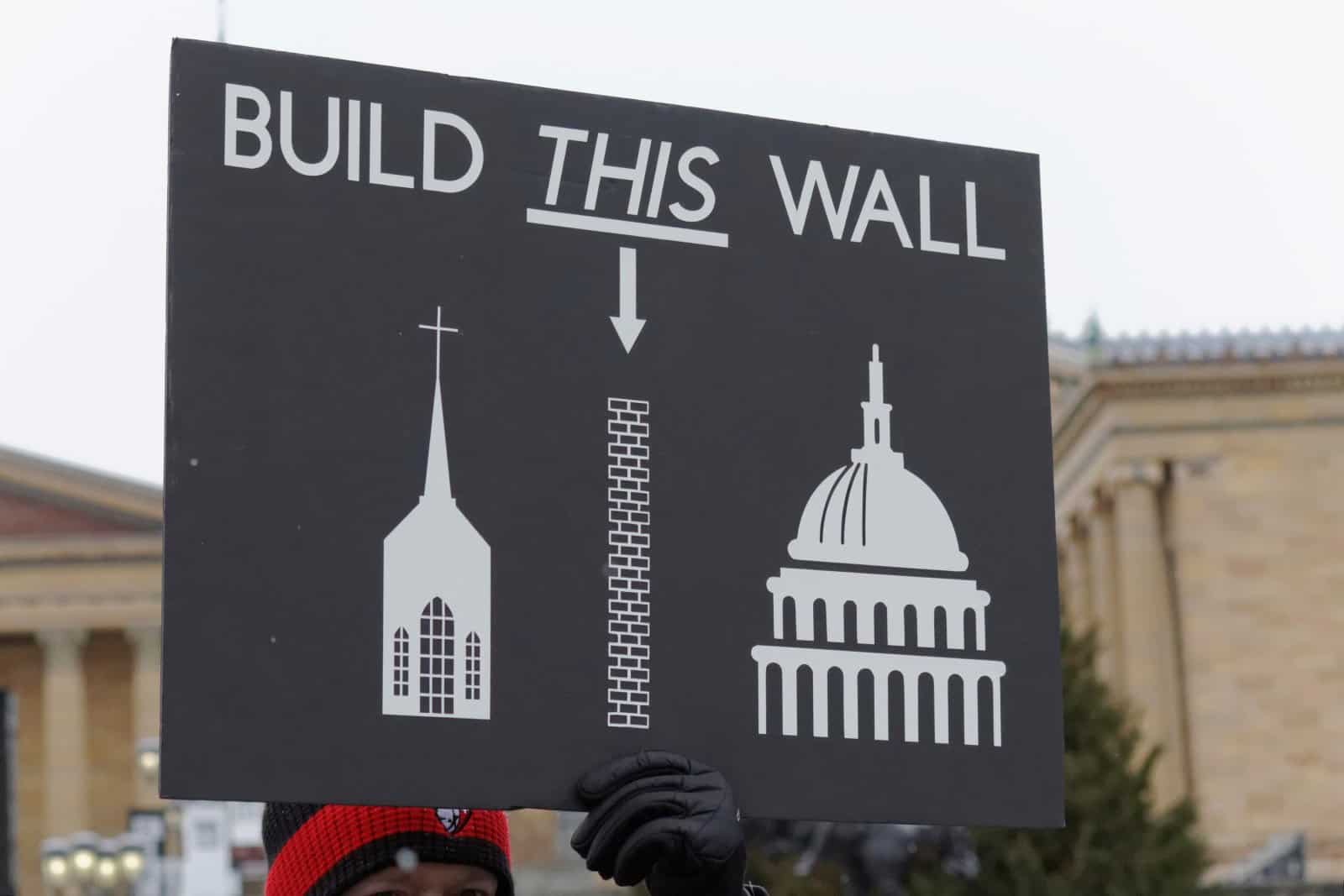
Public policies influenced by Christian nationalism often do not reflect the diverse beliefs of the American people. This can result in laws and regulations that favor a specific religious ideology, undermining the secular nature of the government.
11. Civic Engagement
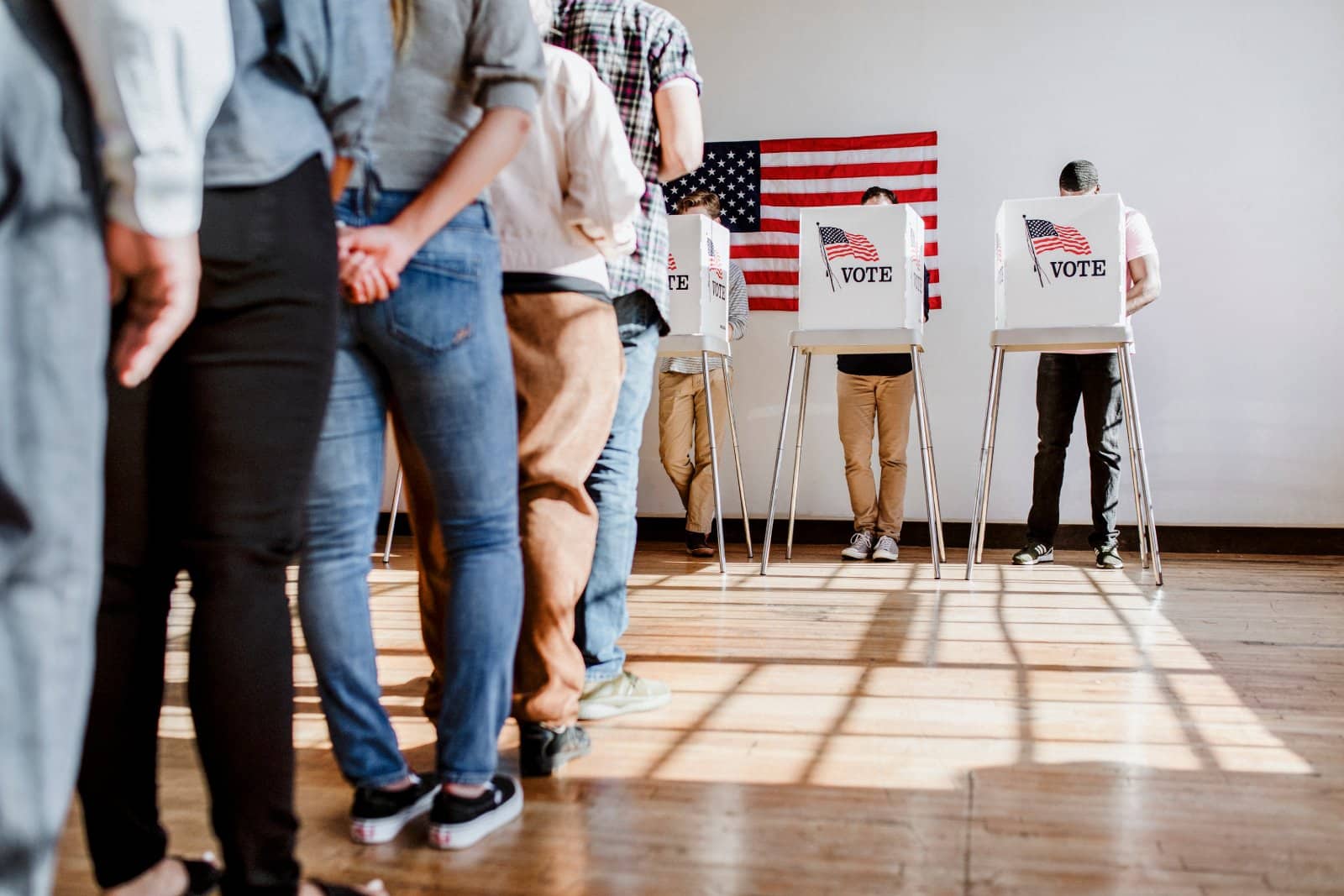
Christian nationalism can discourage civic engagement among non-Christians by promoting the idea that true Americans are Christians. This alienation can reduce political participation among minority groups, skewing democratic processes.
12. International Relations

Christian nationalist rhetoric can impact international relations by promoting a worldview that favors Christian nations. This can strain relationships with predominantly non-Christian countries and hinder global cooperation on various issues.
13. Historical Revisionism

Christian nationalists often engage in historical revisionism, attempting to recast America’s founding as a solely Christian endeavor. This ignores the contributions of diverse groups and promotes a biased understanding of American history.
14. Civil Rights Movements
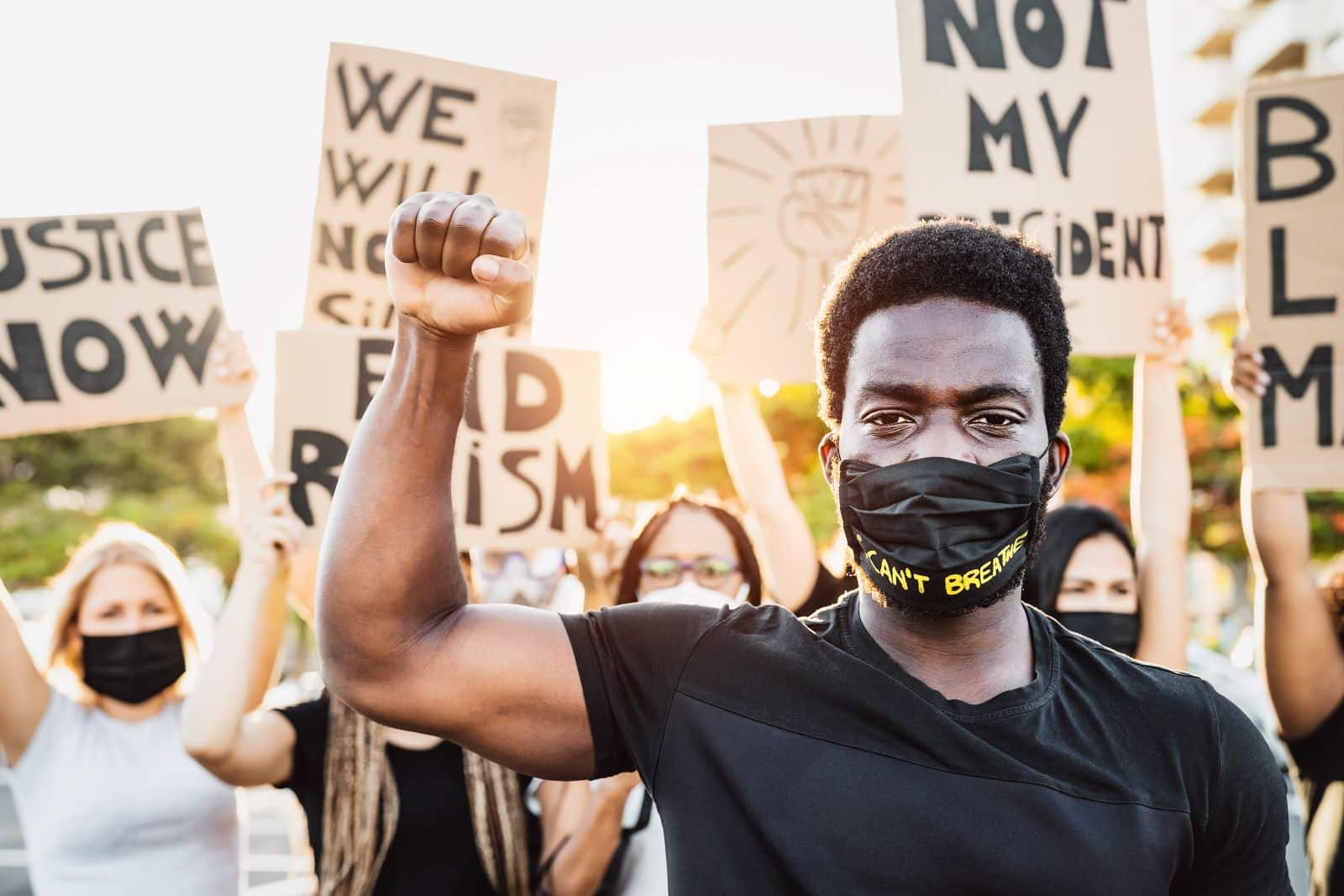
The alignment of Christian nationalism with conservative ideologies can oppose civil rights movements. This resistance can stall progress on issues such as racial equality, LGBTQ+ rights, and women’s rights, maintaining systemic inequalities.
15. Economic Disparities

Policies influenced by Christian nationalism can exacerbate economic disparities by promoting social hierarchies based on religious adherence. This can limit opportunities for non-Christians and reinforce socio-economic divisions.
16. Health Policies

Christian nationalism can influence health policies, particularly in areas like reproductive health. Policies may reflect religious doctrines rather than scientific evidence, impacting access to comprehensive healthcare services.
17. Environmental Policies
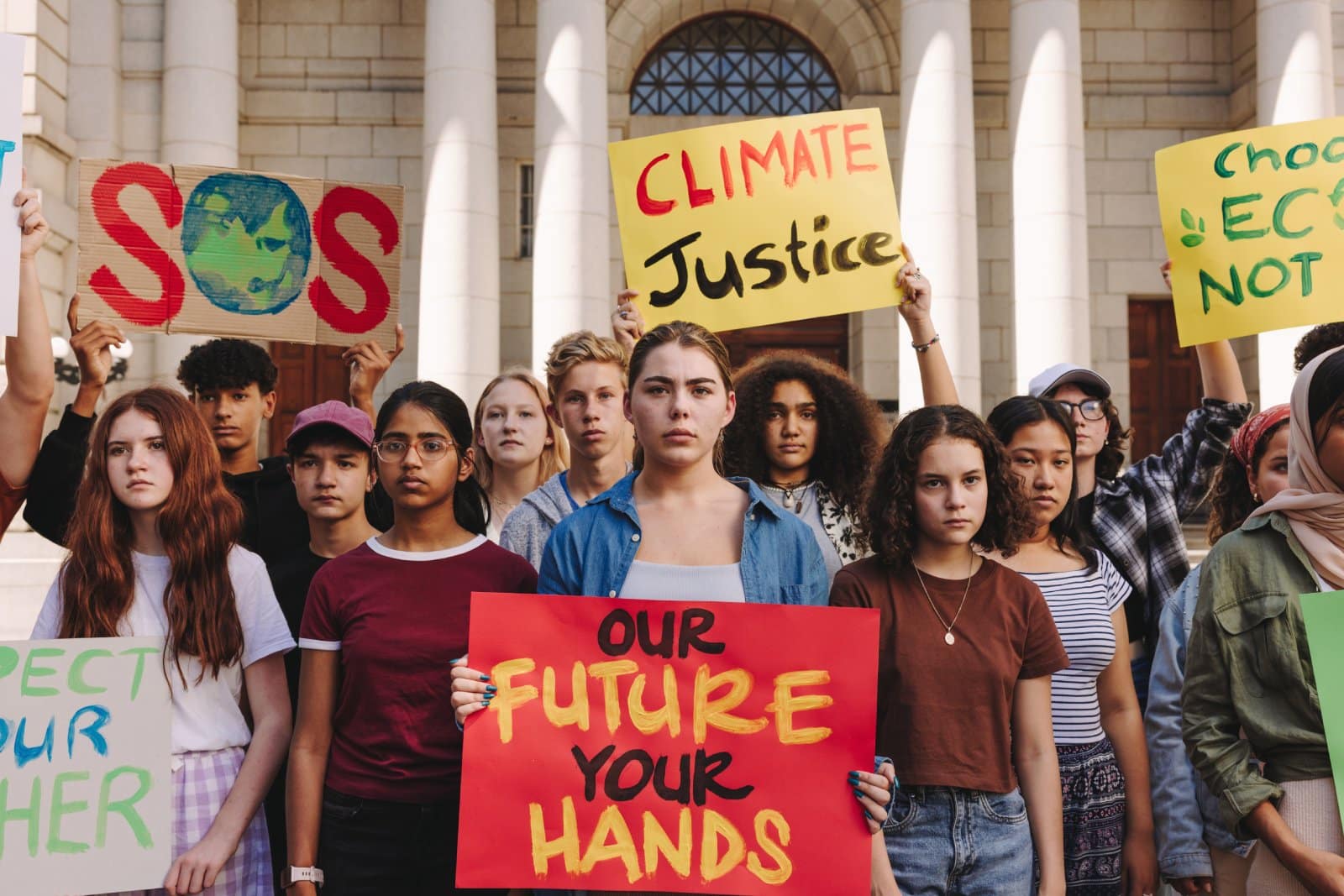
Christian nationalist beliefs can also affect environmental policies. Some proponents prioritize dominion theology, which can justify environmental exploitation rather than stewardship, impacting efforts to address climate change and conservation.
18. Community Division
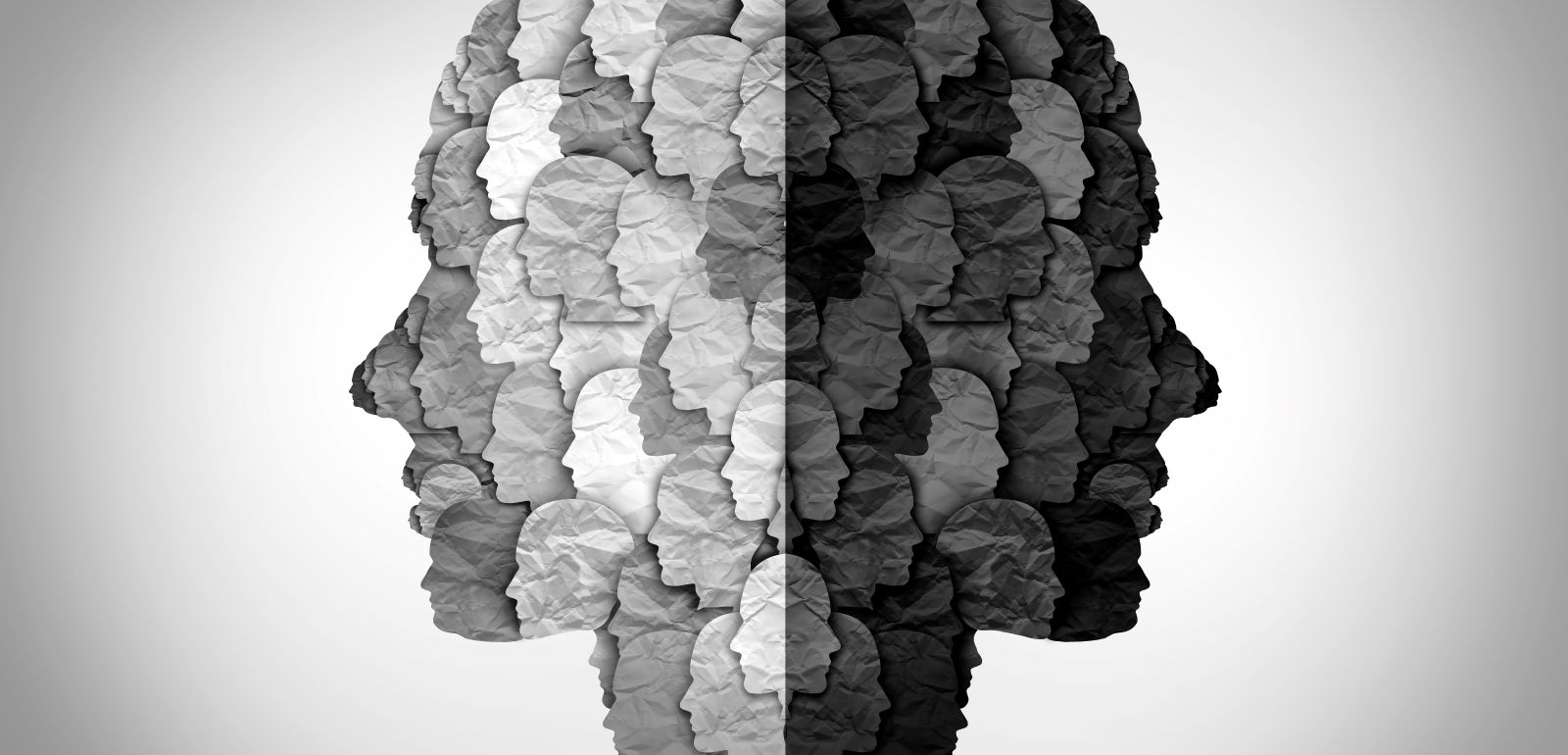
Christian nationalism fosters an “us vs. them” mentality, creating divisions within communities. This polarization can lead to increased social strife and conflict, undermining efforts to build inclusive and harmonious communities.
The Diversity Dilemma

Christian nationalism’s rise poses a significant threat to America’s diversity and inclusivity. Will we recognize and address these challenges or allow them to deepen the divisions in our society?
21 Beliefs About the Bible That Are Actually False

The Bible is one of the most discussed and debated books in history, yet many common beliefs about it are more myth than fact. How many of these misconceptions have you heard before? 21 Beliefs About the Bible That Are Actually False
21 Subtle Racisms That Are Commonplace in America

Racism in America isn’t always overt; it often hides in plain sight through subtle actions and attitudes. How many of these subtle racisms have you noticed around you? 21 Subtle Racisms That Are Commonplace in America
Only Legal in America: 21 Things You CAN’T Do in the Rest of the World
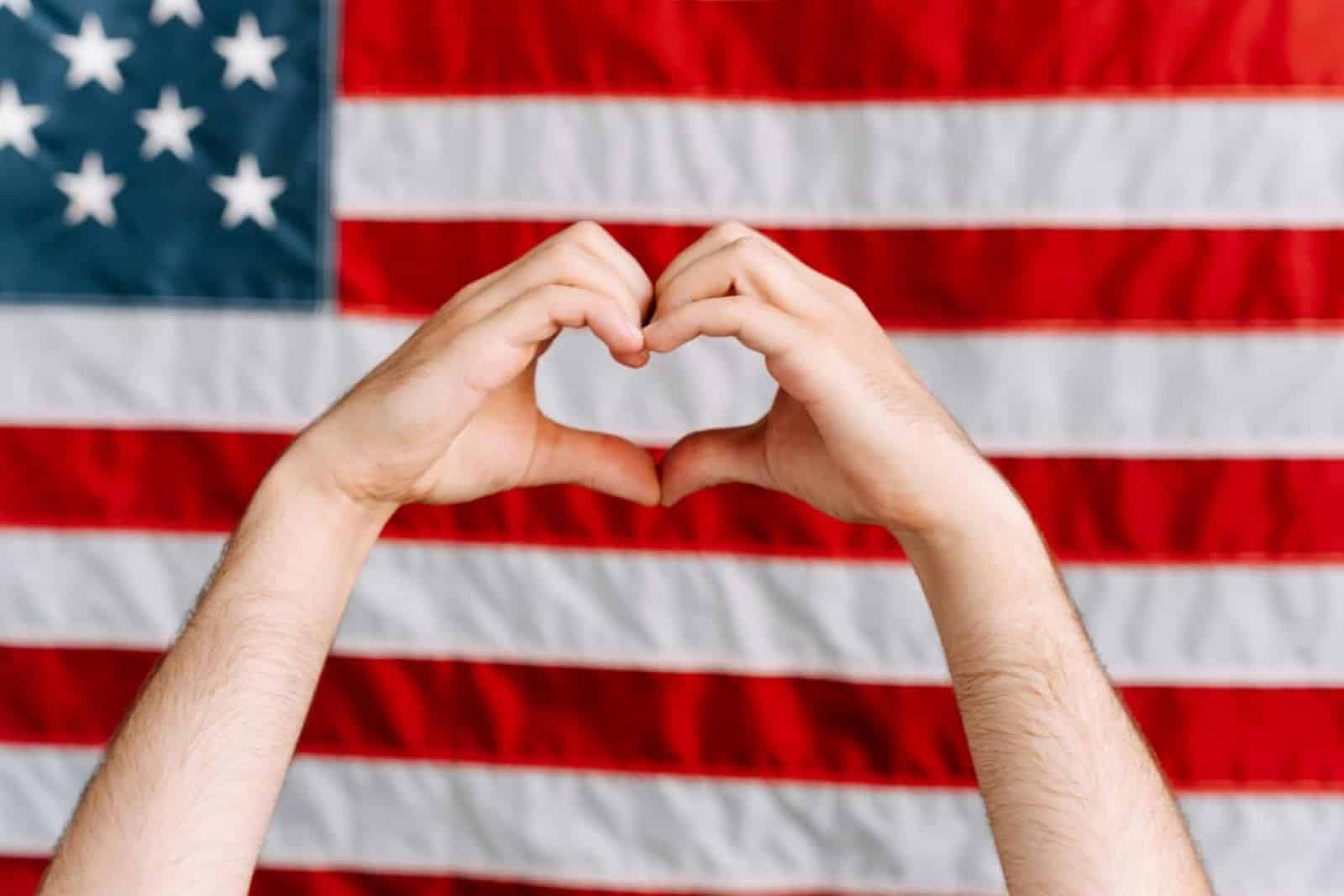
The U.S. dances to its own beat, especially when it comes to laws that make the rest of the world do a double-take. Here’s a lineup of things that scream “Only in America,” sticking strictly to what’s written in the law books. Ready for a tour through the American legal landscape that’ll leave you wondering if freedom might just be a bit too free? Only Legal in America: 21 Things You CAN’T Do in the Rest of the World
Featured Image Credit: Shutterstock / hxdbzxy.
For transparency, this content was partly developed with AI assistance and carefully curated by an experienced editor to be informative and ensure accuracy.

